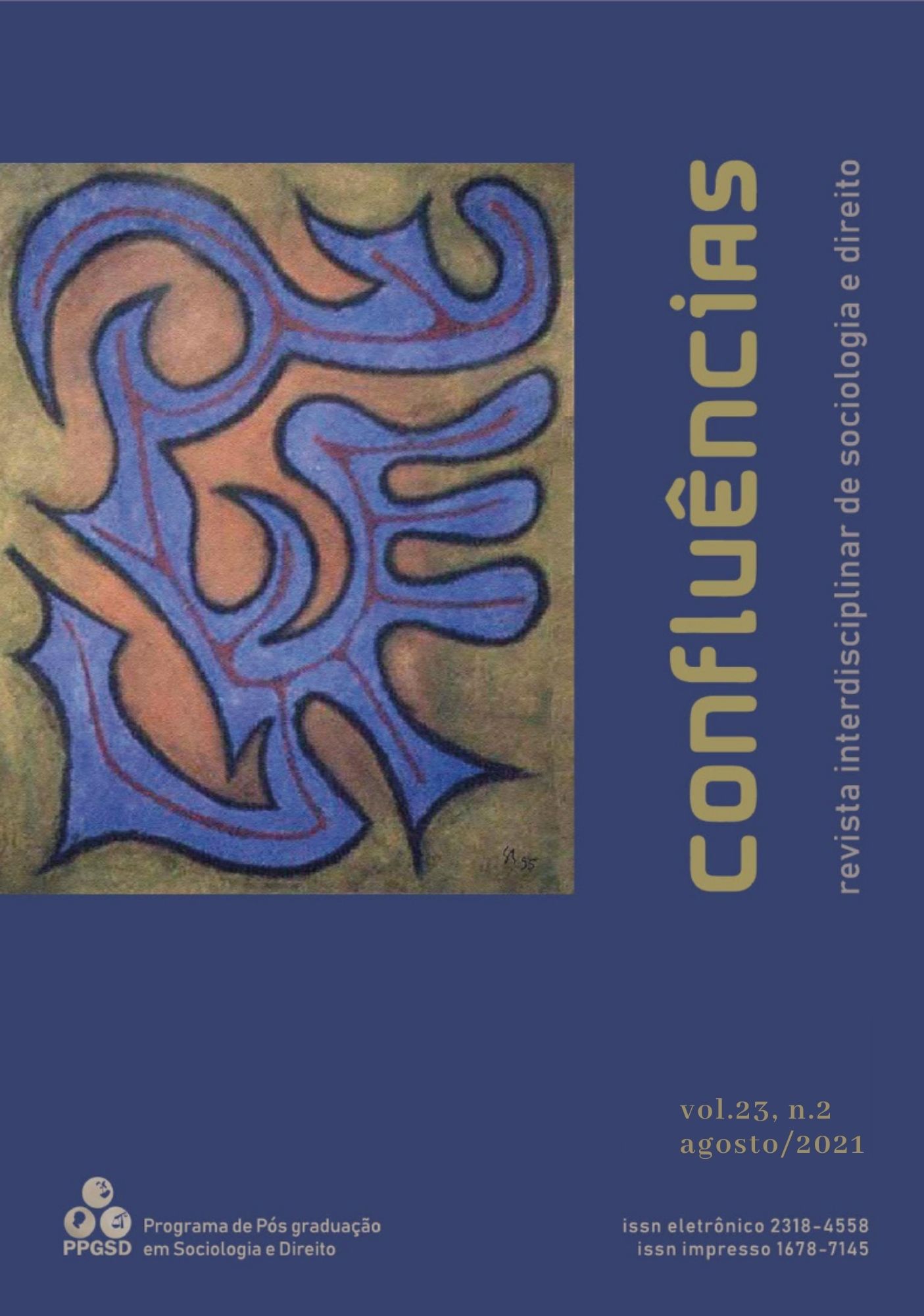ENVIRONMENT AND INTERNATIONAL TRADE: Biofuels in the European Union
DOI:
https://doi.org/10.22409/conflu.v23i2.50409Abstract
At the beginning of the 20th century, very ambitious goals were set for the production and consumption of biofuels. However, these predictions faced widespread public, political and scientific controversy about the negative impacts of energy crops, which completely changed the prospect of their global expansion. In the European Union, sustainability’s concerns were incorporated into the guideline of political and regulatory interests after the impulse of reports from research institutes and critical notes from non-governmental organizations. Thereby, Directive 2009/28/EC emerged as a pioneering international governance instrument of the sustainability of biofuels, with the imposition of binding criteria to guarantee a production standard both in Member States and in third countries. Given the potential effects of this requirement on international trade, in order to avoid discrimination between similar products, the Directive must be applied in accordance with the agreements of the World Trade Organization (WTO). Therefore, using the hypothetical-deductive method, this article uses the case of the advanced regulation offered by Directive 2009/28/EC to analyze the interpretation’s evolution of the General Agreement on Tariffs and Trade and the Technical Barriers to Trade (TBT) Agreement in the sense of allowing the adoption, by WTO member countries, of measures related to sustainability as a restriction of free trade.
Downloads
Downloads
Published
How to Cite
Issue
Section
License
Copyright (c) 2021 Izabel Rigo Portocarrero

This work is licensed under a Creative Commons Attribution-NonCommercial 4.0 International License.







